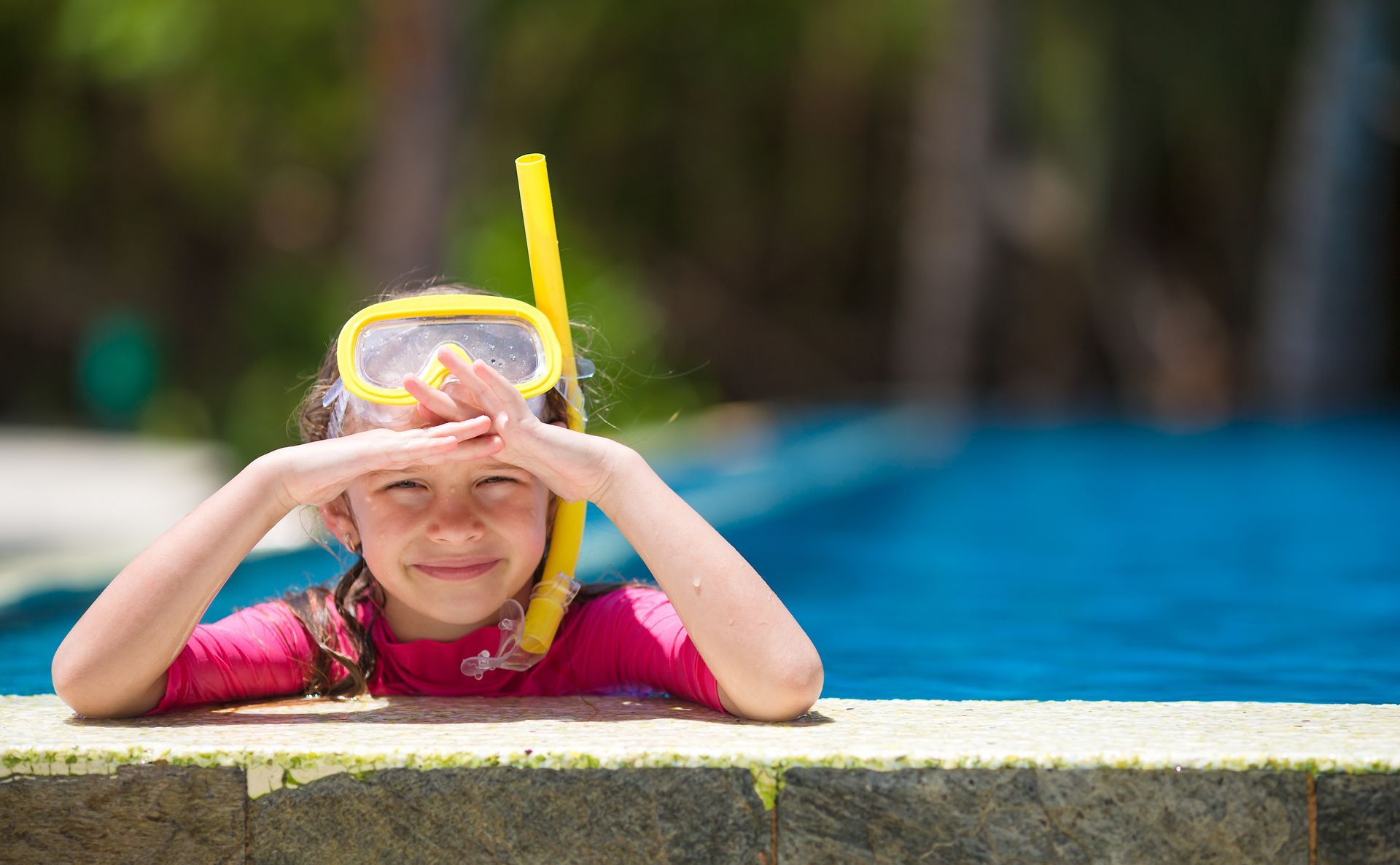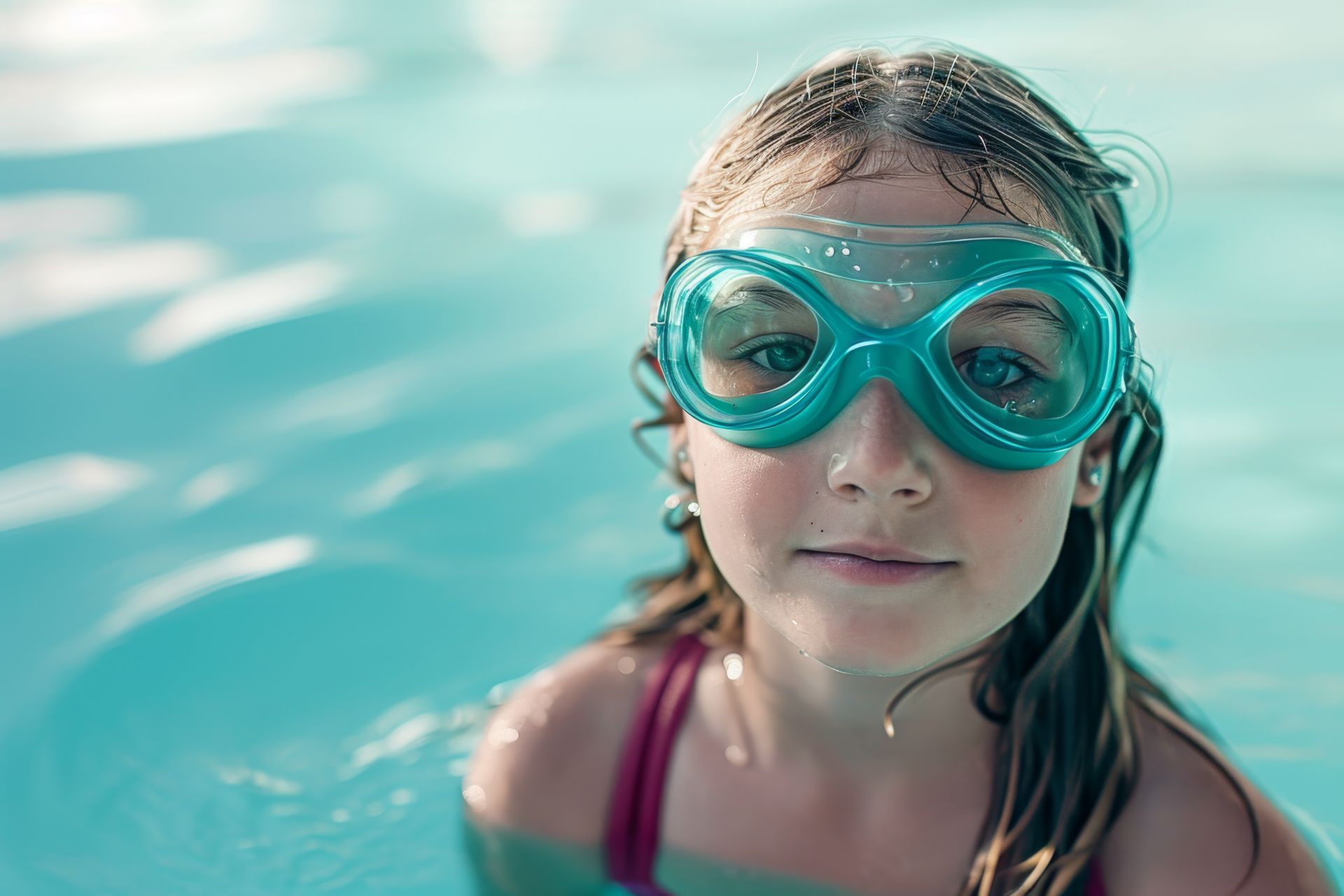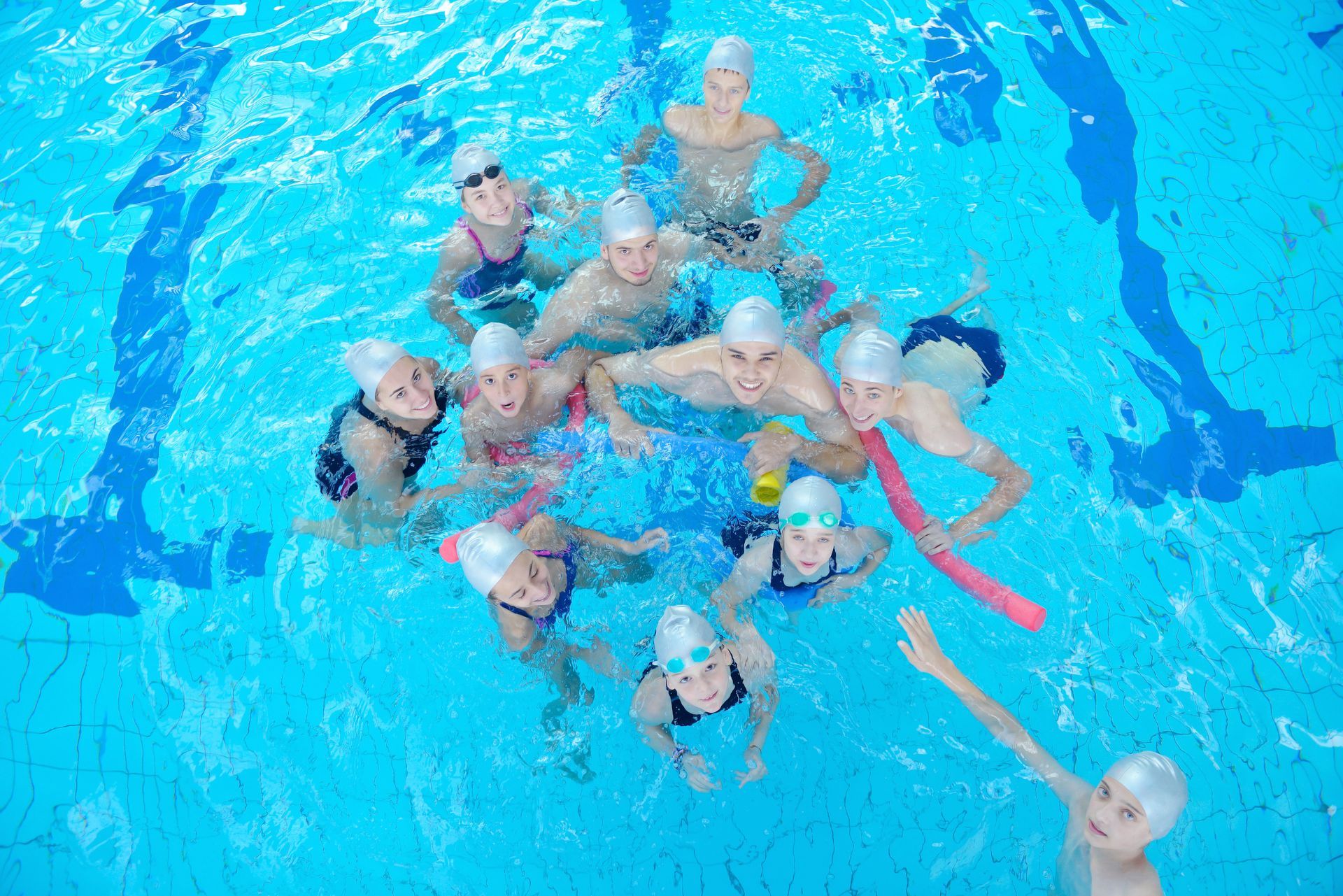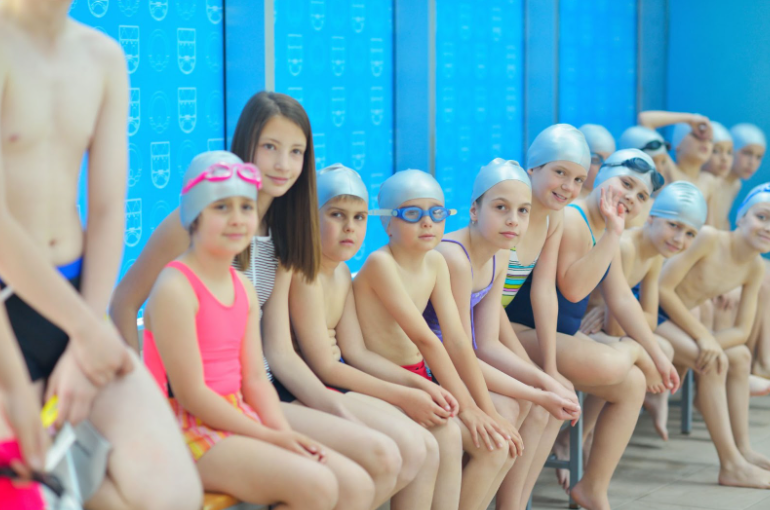Swimmers and Macronutrients: Getting the Fuel You Need
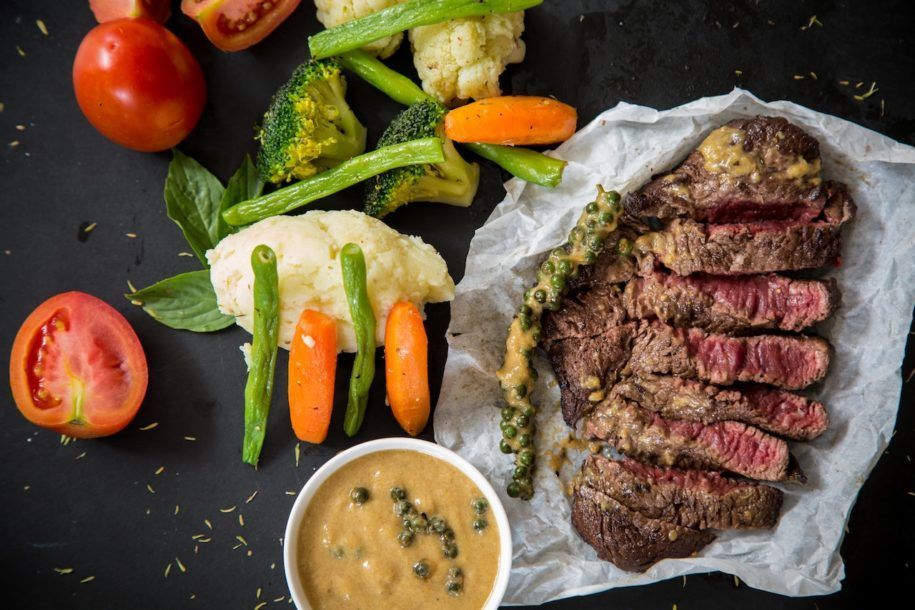
From a practical standpoint, food is fuel. It provides you with the energy and nutrients you need to live an active, healthy life. Getting the fuel you need is especially important for swimmers. You need a balanced blend of all three macronutrients: carbohydrates, protein, and fat. So how much of each should you include in your diet?
Carbohydrates
Carbohydrates are the body’s preferred source of energy. It doesn’t take much work to turn carbohydrates into energy that both your muscles and your brain can use. While carbohydrates are often the target of dietary restrictions, swimmers should get most of their calories from carbohydrates. Aim to consume 2.3-3.6 grams of carbohydrates daily for each pound you weigh, or about 60% of your caloric intake. Ideally, this will come from a variety of fruits and vegetables, as well as complex carbohydrates like whole grains.
Protein
Swimming works virtually every muscle in your body to some degree. Because protein is required for muscle repair and development, swimmers must ensure an adequate protein intake. Try to consume about .55-.8 grams of protein daily for each pound you weigh, or about 15% of your caloric intake. Choose lean sources of protein like skinless white meat chicken or turkey, white-fleshed fish, plain greek yogurt, beans, peas, and lentils.
Fat
If there’s one macronutrient that has seen the same level of ire as carbohydrates have, it’s sure to be fats. Because fat contributes 7 calories per gram, more than carbohydrates or protein at 4 calories per gram, it’s easier for most people to take in more calories than is optimal for them by consuming fats. The body needs fat to function healthily though. Some vitamins need fat for optimal absorption. Swimmers should eat at least .45 grams of fat daily for each pound they weigh, or about 25% of the caloric intake. These fats should be primarily monounsaturated or polyunsaturated fats.
Food provides invaluable fuel that swimmers can use to fuel their workouts. Because swimming burns so many calories, you should carefully plan out your meals so you can make sure you’re getting the fuel you need. Running out of energy in the middle of your swim is a good way to cut your training short and reduce the benefits you could otherwise gain. Make sure you have a good balance of all three macronutrients in your diet and remember to choose water more often than you choose other sources of hydration.
Want to take your swimming to the next level? SwimJim can help! Click here to learn about our private and semi-private lessons today!
The post Swimmers and Macronutrients: Getting the Fuel You Need appeared first on Swim Jim.
